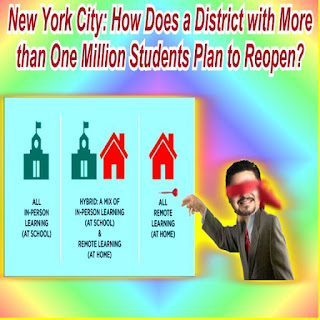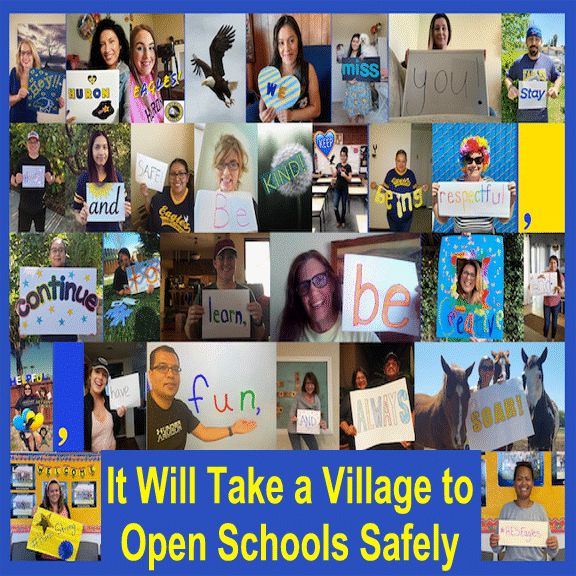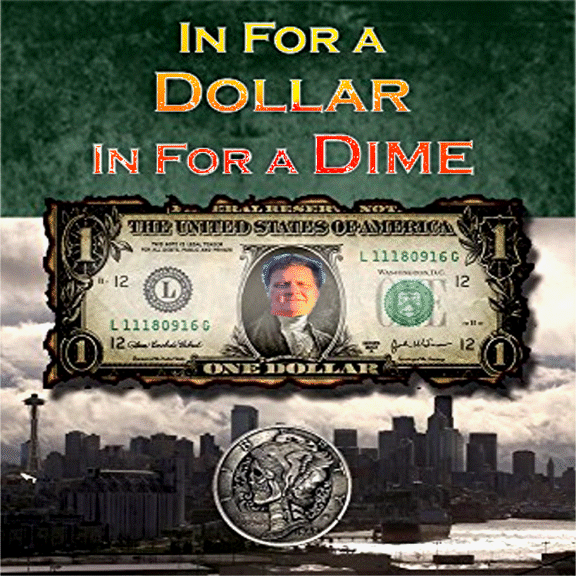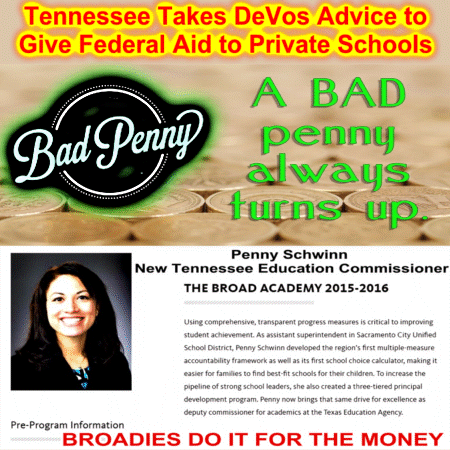Polls: Parents Are Hurting Without Child Care But In No Rush To Reopen Schools
For American families with children, the pandemic has meant lost income, increased child care responsibilities, worry and stress. But a majority are not eager for schools to reopen this fall, given the health risk. That's according to two new national polls of parents by the Kaiser Family Foundation and ParentsTogether, an advocacy group.
The Kaiser Family Foundation poll, released Thursday, focused on school reopening. They polled a diverse sample of 377 parents.
- 63% of parents said it is better to open schools later to minimize coronavirus infection risk.
- About half as many parents, 32%, said it's better to open schools sooner so parents can work and kids can get services, even if there's some risk of infection.
- Parents of color were more hesitant than white parents to reopen schools. At the same time, they were also more worried about negative impacts on their kids from schools remaining closed, including falling behind academically and losing access to needed services.
The ParentsTogether poll surveyed more than 1,200 parents about reopening schools and child care needs and found similar results.
- 59% of respondents agreed "Schools should remain closed until they are certain there is no health risk, even if means students fall farther behind."
- Only 19% agreed that "Schools should reopen as soon as possible so students don't fall too far behind and can receive the educational support they need."
- 45% of parents said they were "not planning" or were "somewhat unlikely" to send their children back to school even if it opened,vwhile another 22% were unsure.
In addition to asking about going back to school, ParentsTogether asked about child care and lost income. 63% of parents said they lost income during the crisis and more than 40% of all parents also said they lost income specifically due to new child care responsibilities when schools and day cares closed.
Yet despite the personal economic pressure and mixed scientific evidence concerning how likely young children are to actually get seriously ill or spread coronavirus, it seems concerns about safety and health are top priority for parents when it comes to school reopening.




































